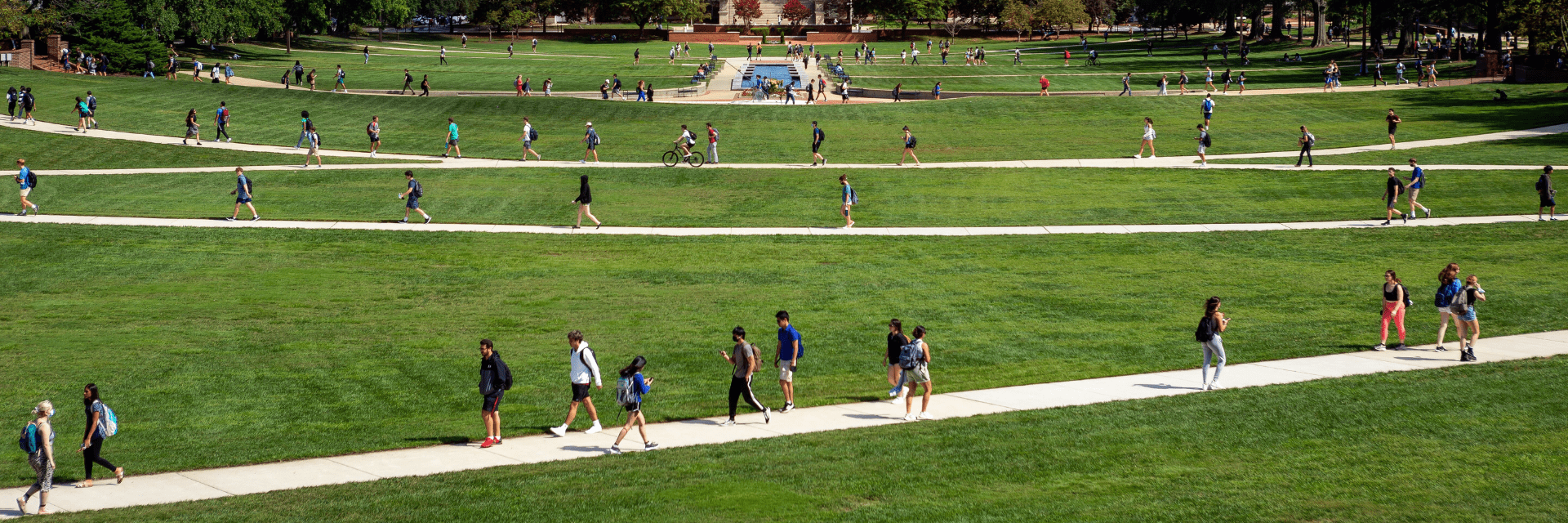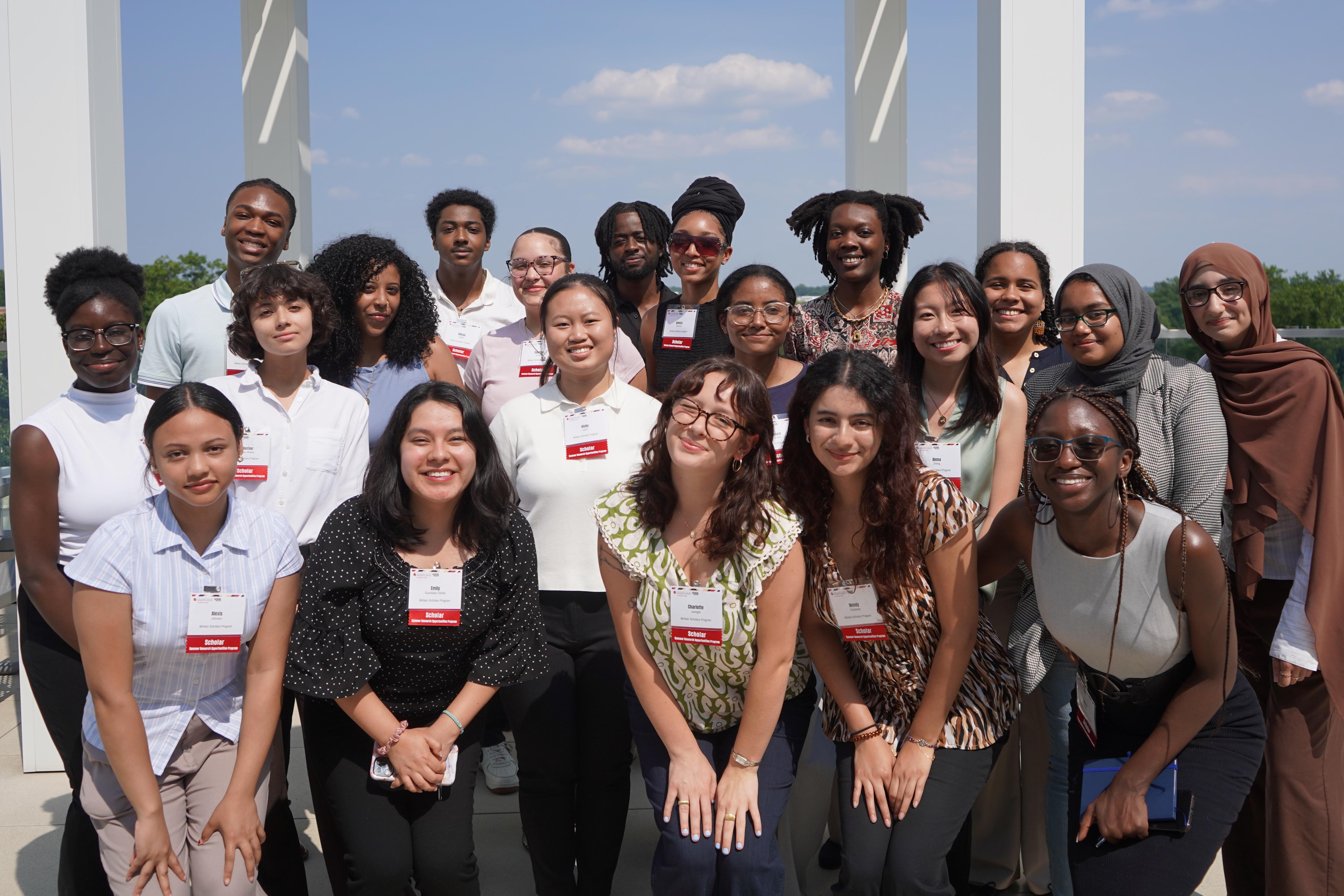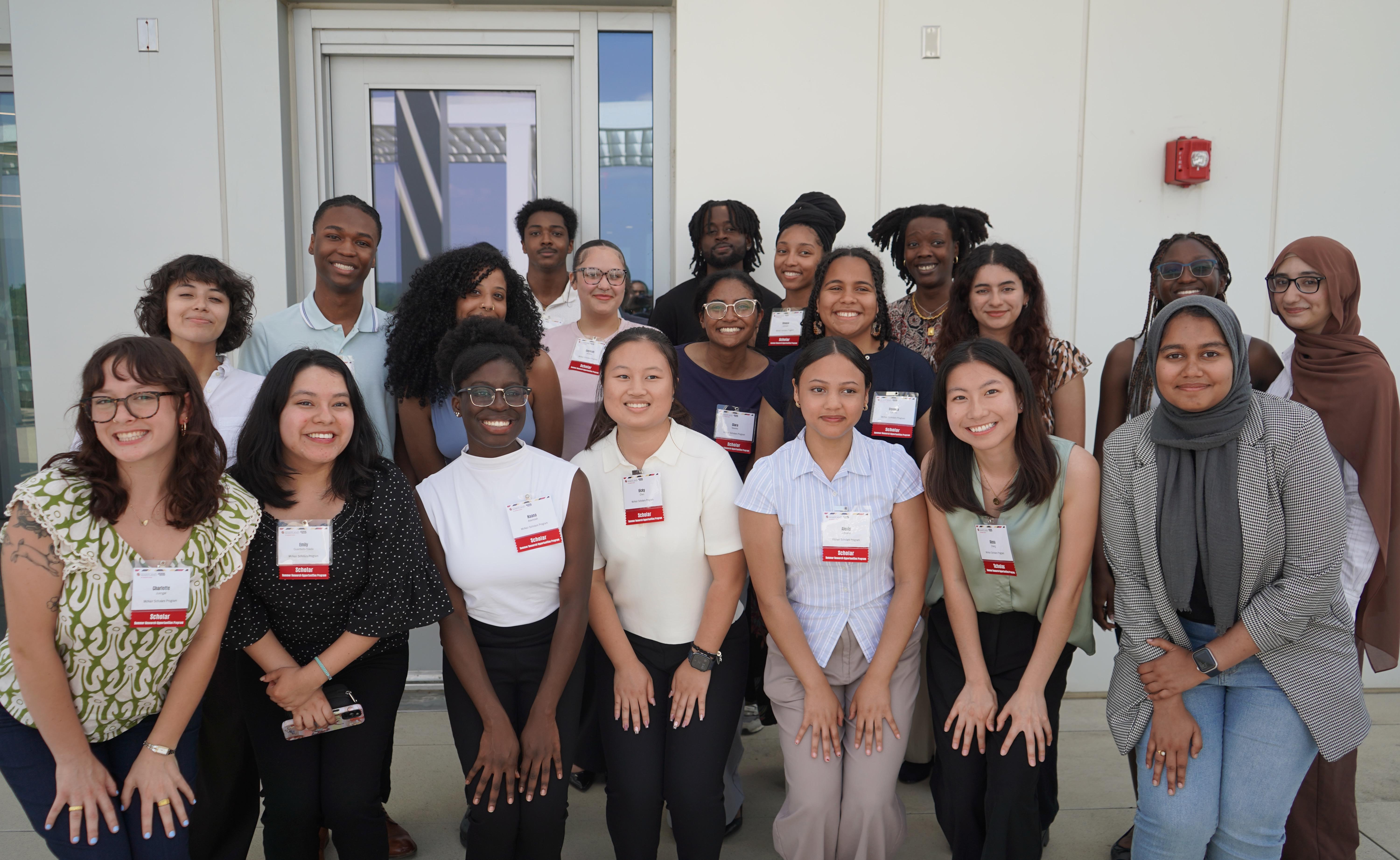Summer Research Opportunities Programs
The Summer Research Opportunities Program (SROP) is a gateway to graduate education at Big Ten Academic Alliance universities. SROP helps prepare undergraduates for graduate study through intensive research experiences with faculty mentors and enrichment activities.
UMD SROP Program Information & Application Deadlines
| College of Behavioral and Social Sciences (BSOS) Summer Research Initiative (SRI) 2026 | Important Dates |
|---|---|
| Summer Program | Monday, June 1 – Friday, July 24, 2026 |
| Required Pre-program Orientation | Saturday, May 30 - Sunday, May 31, 2026 |
| The UMD BSOS SRI Supplemental Application Due | Tuesday, February 10, 2026 |
| The Big Ten Academic Alliance (BTAA) Summer Research Opportunities Program (SROP) Application and Transcript Due | Tuesday, February 10, 2026 |
| The BTAA SROP letters of recommendations Due | Sunday, March 1, 2026 |
Contact Information
Contact the SROP program directly for specific questions:
- BSOS SRI - Brittney Robinson at brobins7@umd.edu
For general inquiries, please contact The Graduate School (gradschool@umd.edu).



